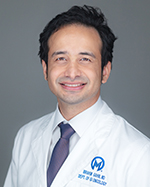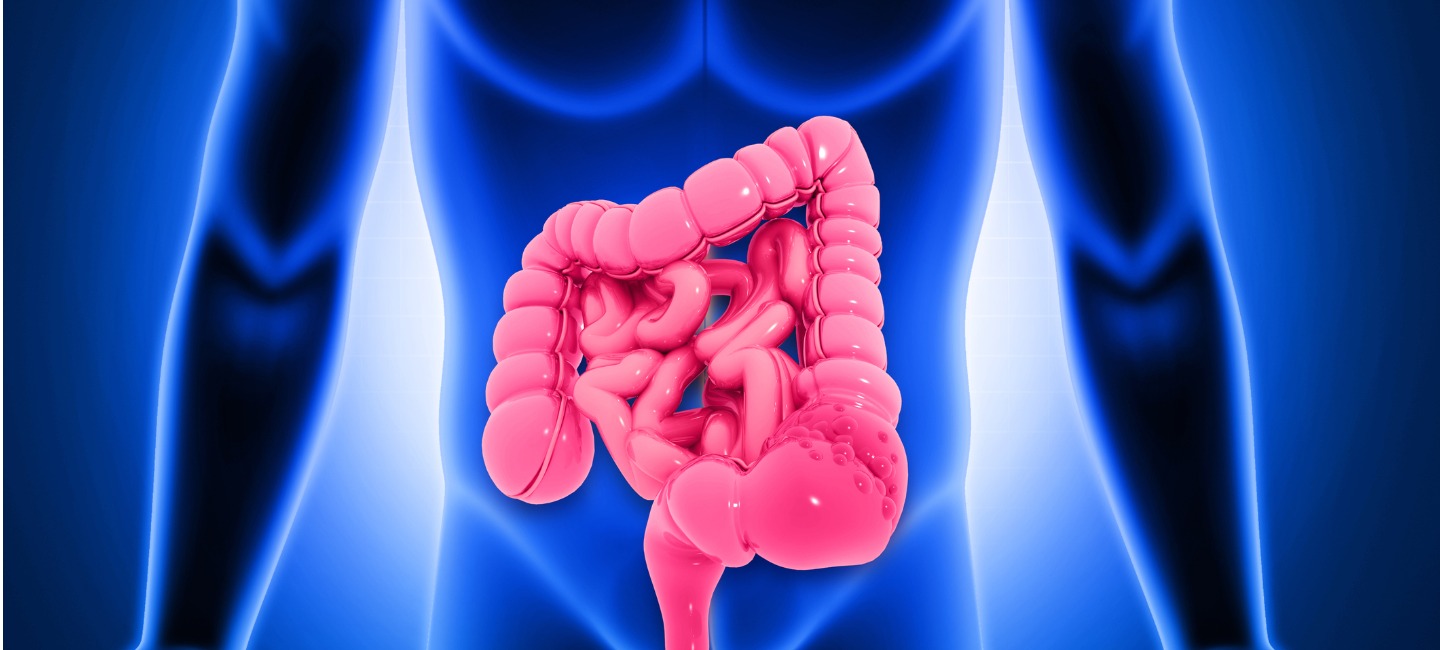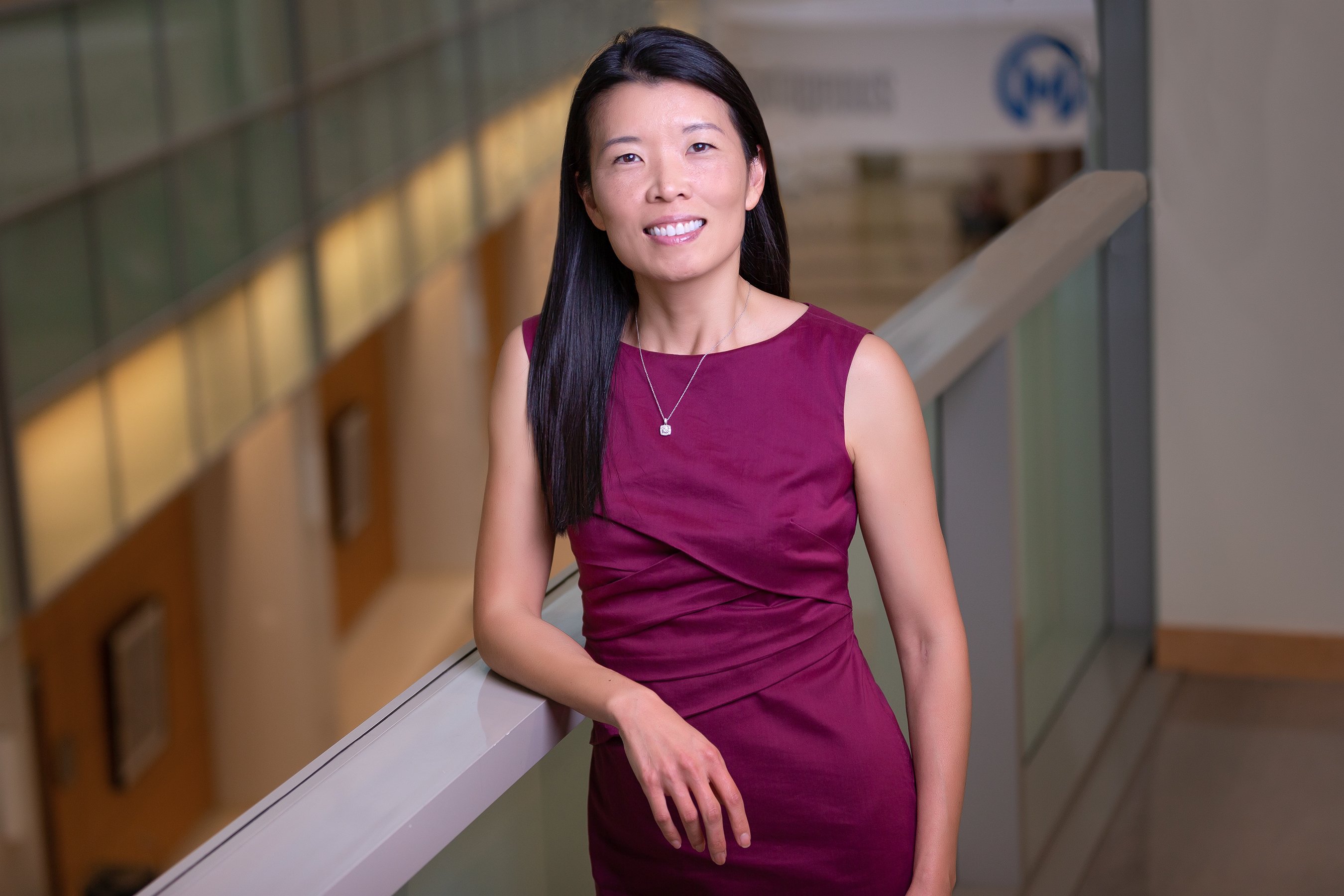Younger Americans Not Seeking Colorectal Cancer Screening
Americans between ages 50-54 were a third less likely than those in their 70s to have colorectal cancer screening, according to new research.

Dr. Ibrahim Halil Sahin, Gastrointestinal Oncology Program
The study, published in the journal Cancer Epidemiology, Biomarkers & Prevention, involved data from more than 80,000 people from 2000 to 2018 and examined screening uptake by age, race, ethnicity, education level, health insurance coverage and household income. They looked at adults ages 50-75. The study showed that colorectal cancer screening rates are on the rise for all age groups, increasing from 36.7% in 2000 to 66.1% in 2018. However, people ages 50-54 had the slowest increase, with more than half skipping the screening.
The prevalence of colorectal cancer screening increased from 28.2% in 2000 to 47.6% in 2018 for the 50-54 age group. For the 70-75 age group, screening increased from 46.4% to 78.0% for the same period.
“These findings are concerning for multifactorial barriers to access to screening colonoscopy, and one of these barriers is insufficient awareness of colorectal cancer,” said Dr. Ibrahim Halil Sahin of the Gastrointestinal Oncology Program at Moffitt Cancer Center.
COLORECTAL CANCER SCREENING PREVALENCE IN 2018
- 50-54 age group: 47.6%
- Asians: 57.1%
- Hispanics: 56.5%
- Low income families: 56.6%
- Those with less than a high school degree: 53.6%
- No insurance: 39.7%
“We have to increase colorectal cancer awareness particularly on the concerning trend in diagnosis age. We are seeing more and more younger patients with colorectal cancer including those who are included in the screening guidelines. Therefore, in addition to implementing the screening guidelines, we have to educate our communities to increase awareness and also eliminate potential barriers such as lack of insurance and low income that create challenges to access to screening benefits in all subgroups of our society.”
Actor Chadwick Boseman’s death in August 2020 at age 43 highlighted the rising colorectal cancer rates in younger Americans. Data from the National Cancer Institute show that over 15% of new cases of colorectal cancer are diagnosed in people ages 45 to 54, and this age group makes up more than 9% of deaths from the disease.
In May 2021, the U.S. Preventive Services Task Force recommended that people of average risk start colorectal cancer screening at 45 instead of 50, aligning with guidelines from the American Cancer Society. People of average risk include those with no prior diagnosis of colorectal cancer, no family history or genetic disorders that increase your risk of disease, no history of precancerous polyps and no diagnosis of inflammatory bowel disease.
Regular screening can find colorectal cancer when it is small, hasn’t spread and is easier to treat. Some types of screening can also find and remove precancerous growths before they become cancer.

In August 2020, “Black Panther” actor Chadwick Boseman died at 43 after being treated for colon cancer.
Colorectal cancer is the third leading cause of cancer death, and more than 52,500 people will die of the disease this year. It’s not clear what’s causing the jump in colorectal cancer among young adults, but when it is diagnosed, it’s often related to a hereditary syndrome such as familial adenomatous polyposis or hereditary non-polyposis colorectal cancer.
Risk factors for colorectal cancer include obesity, poor diet, smoking, family history, hereditary conditions and gastrointestinal conditions such as colon polyps, Crohn’s disease, irritable bowel syndrome and ulcerative colitis.
“Changing the colorectal cancer screening guidelines to start earlier in people at average risk is the first step. But we also need to increase awareness of the disease in our younger population and advocate for appropriate screening starting at 45. This will help save lives,” Sahin said.
Americans aged 50-54 had the lowest adherence to colorectal cancer screening guidelines and experienced higher screening disparities than older adults, according to a study published in @CEBP_AACR. Learn more: https://t.co/VaRyhLCJpe pic.twitter.com/vuE0XFCXHo
— AACR (@AACR) June 27, 2022



